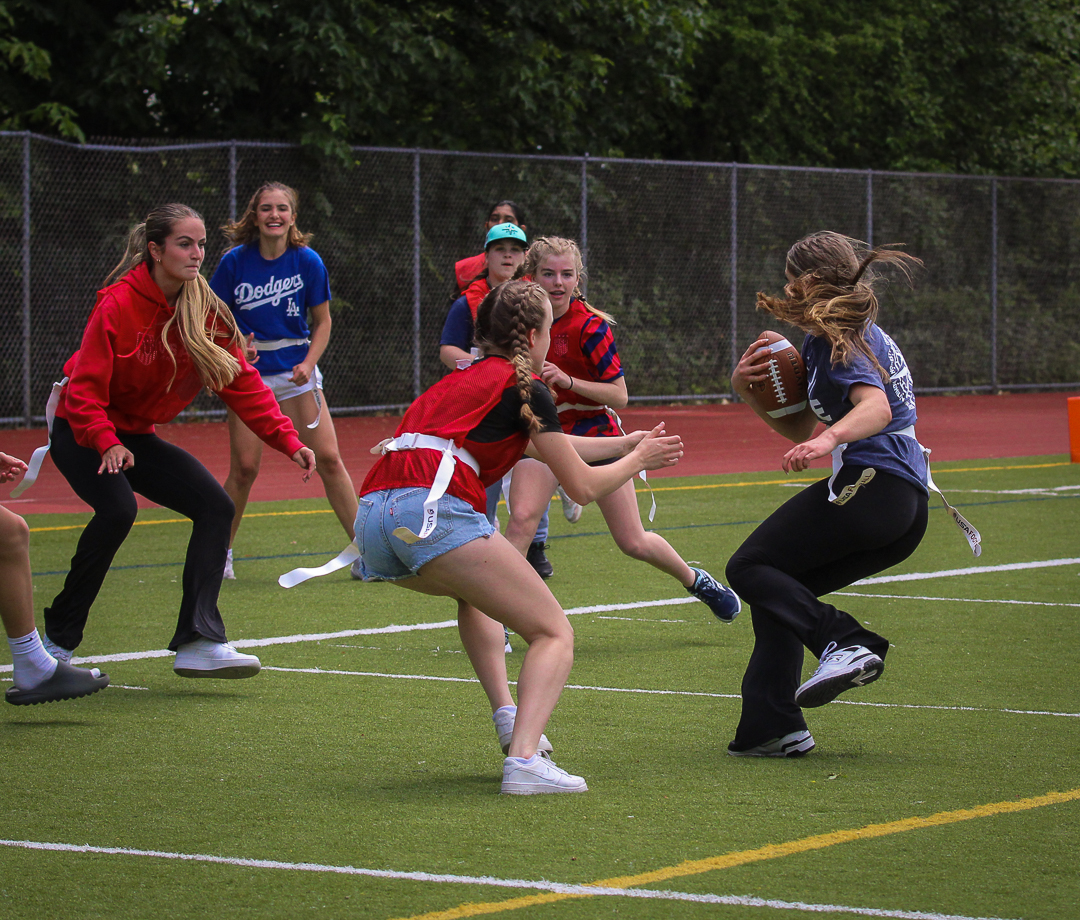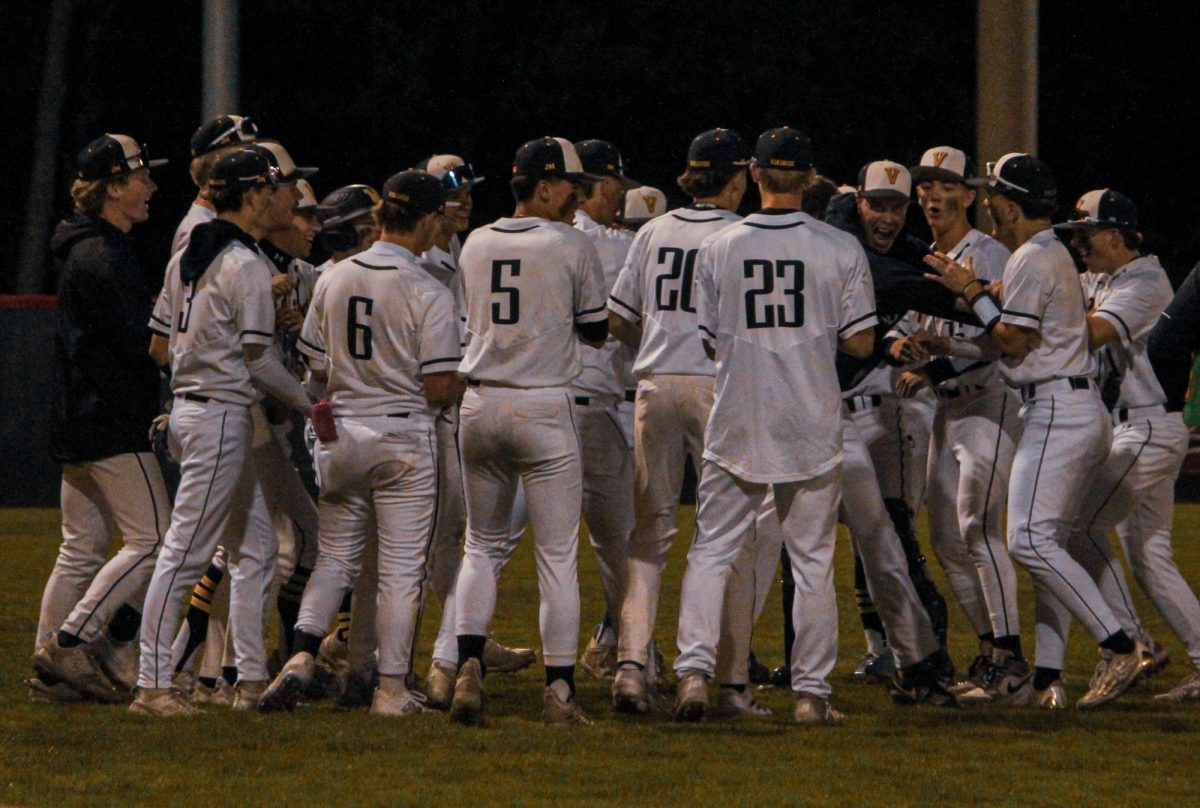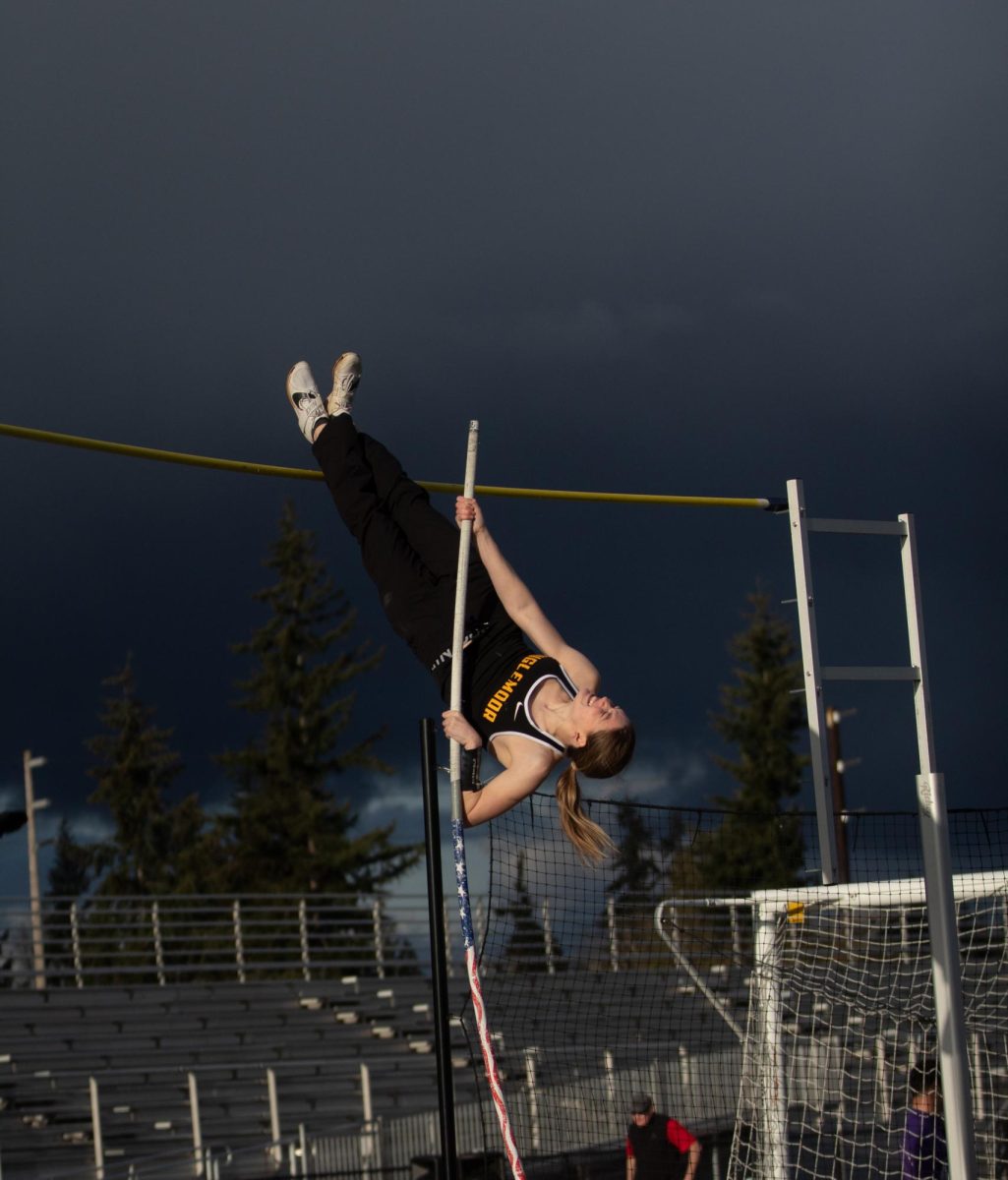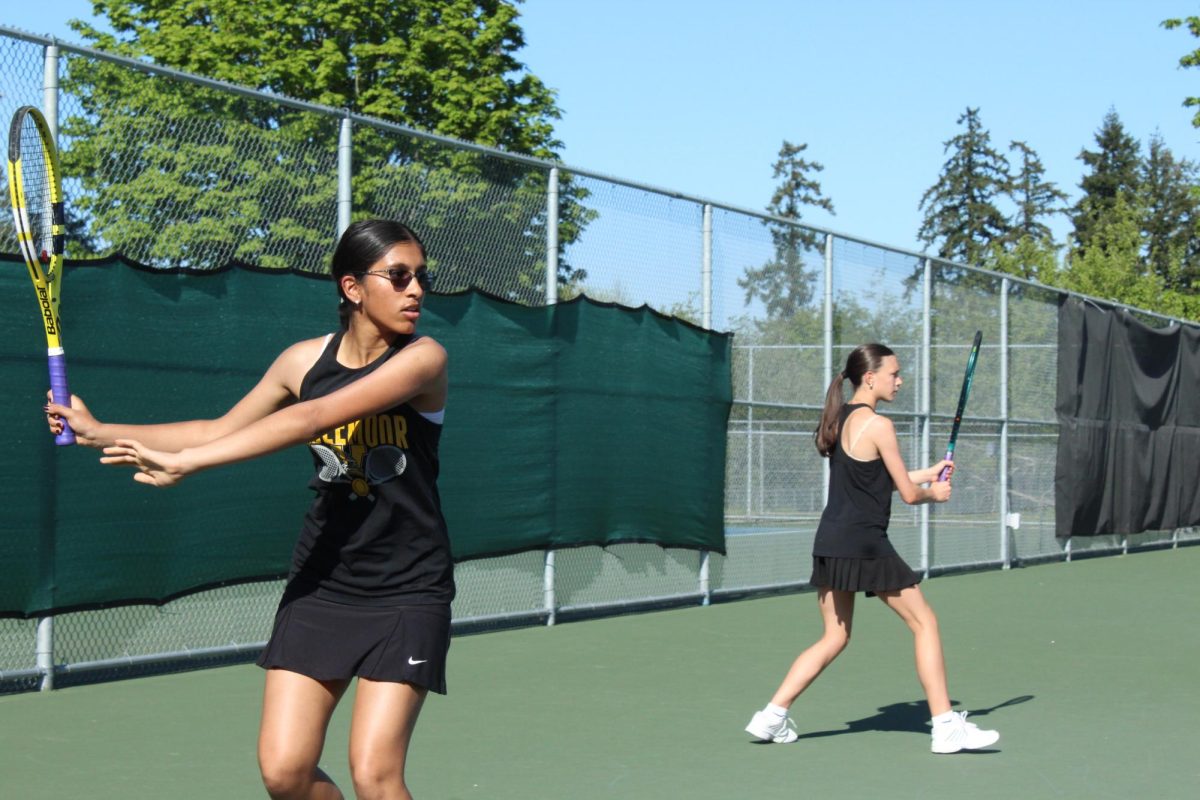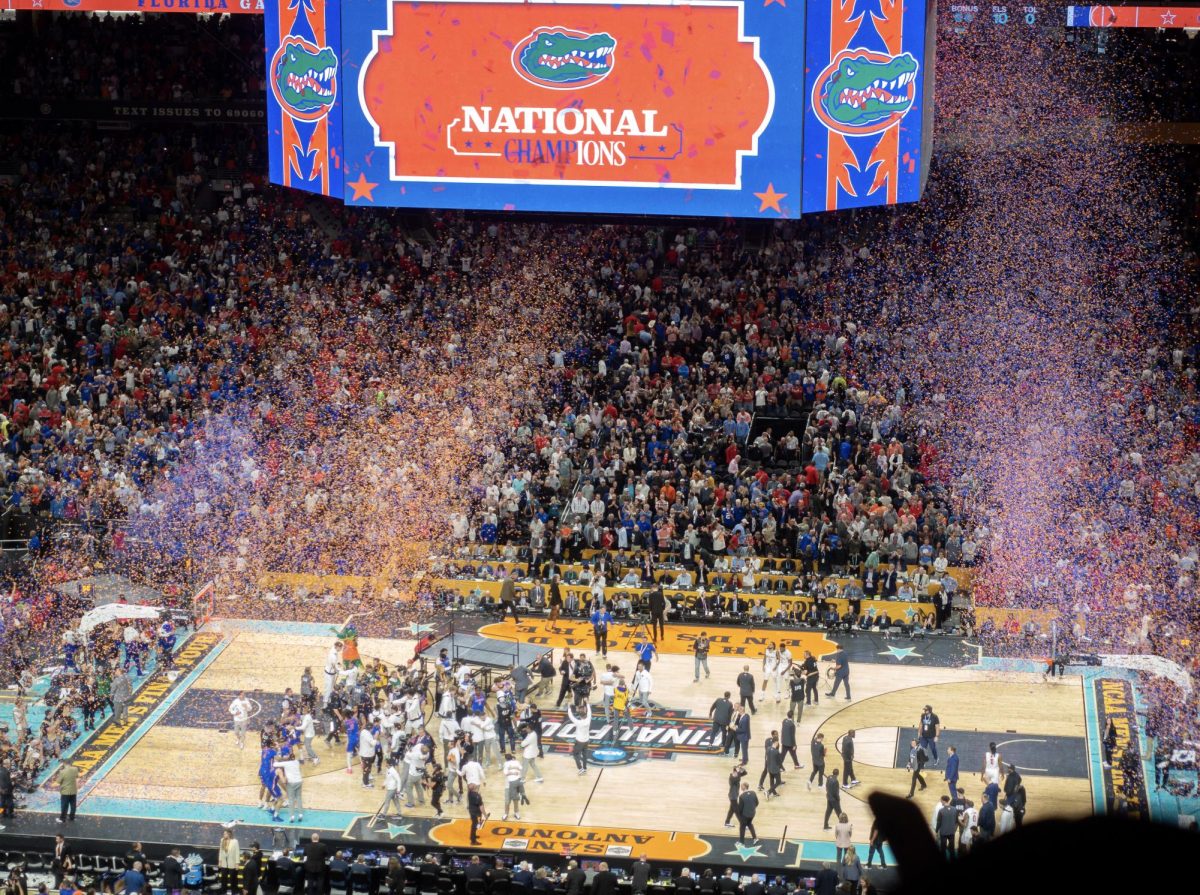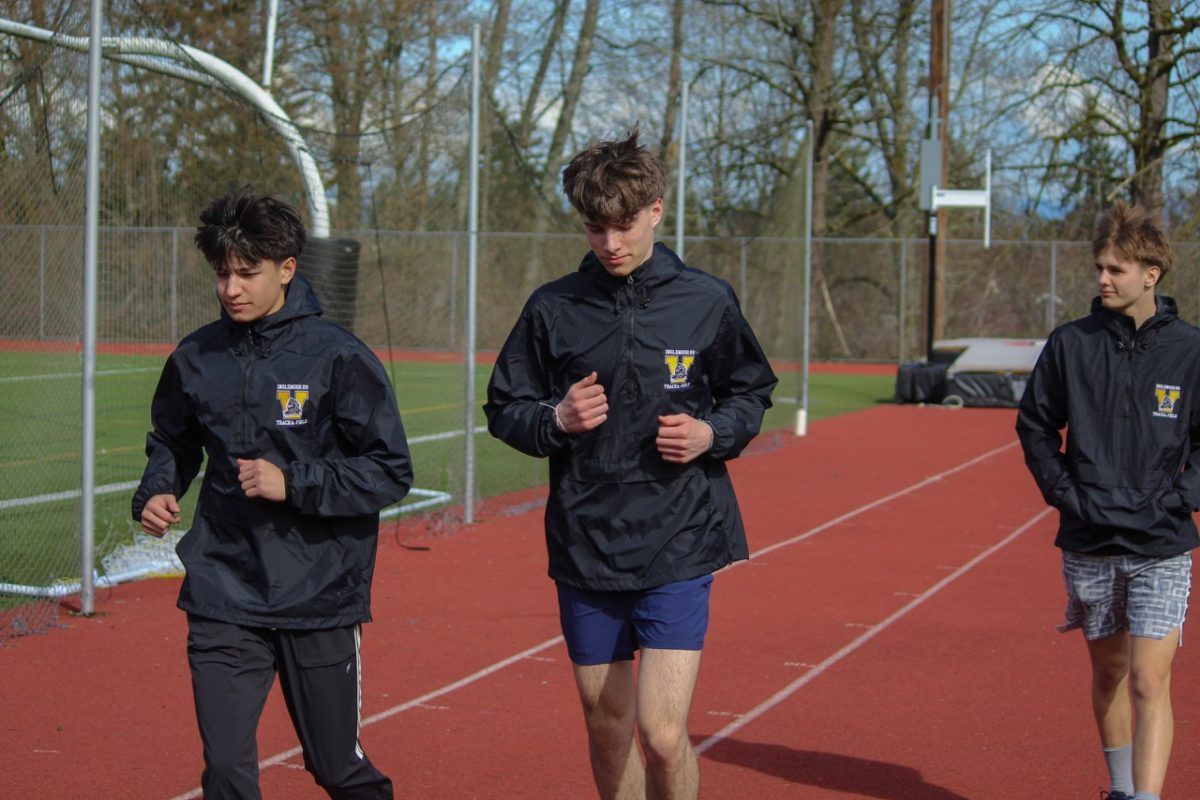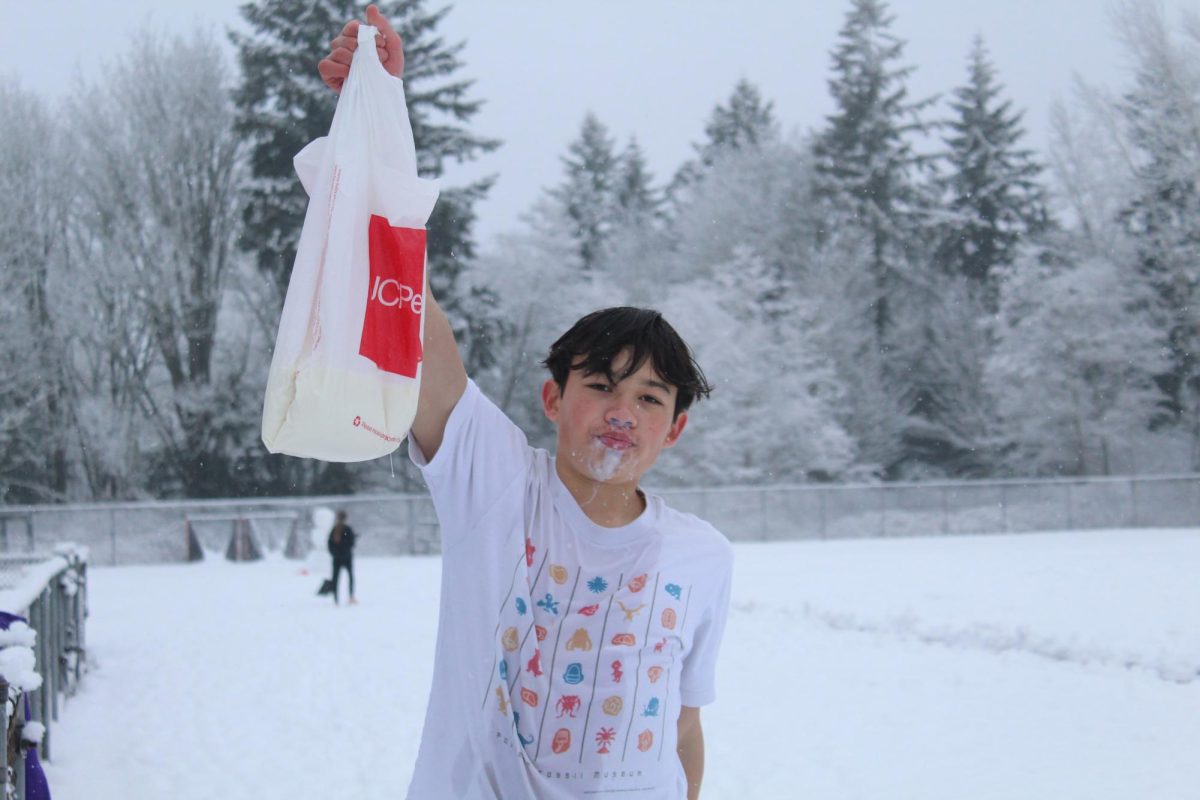The amendment to add girls flag football as a state sport under the Washington Interscholastic Activities Association was rejected by the association’s Representative Assembly on May 10. The association handles the governance and organization of a variety of school activities: music, dance and sports among them. This amendment would have allowed girls flag football to create a set of state-wide rules and have a state championship.
Although the WIAA organizes activities, it doesn’t play a direct role in determining what is sanctioned. Instead, the WIAA gathers the Representative Assembly, which is made up of 35 high school and 18 middle school administrators from Washington’s nine WIAA districts. They vote once a year on amendments to add to their handbook, which includes sports to sanction.
WIAA Executive Director Mick Hoffman (he/him) said a large reason for the opposing votes was the state of school athletic budgets. In the wake of large-scale budget cuts across multiple school districts, new athletics have fallen in priority. Despite having lower equipment and facility costs, Hoffman said that schools struggled to implement flag football. One major setback is the debt that many school districts are facing. In the past year, Seattle, Marysville and Northshore have faced severe budget cuts: $100 million, $18 million and $26 million, respectively. To combat this, the WIAA is working with school districts to identify ways to continue to support students.
“Money is going to be the most difficult, so I think over the next year or two, as the stigma and the pain goes away from the severe budget cuts, schools can start to look at the total cost — flag football’s not a heavy equipment sport,” Hoffman said.
To pass an amendment, 60% percent of the relevant Representative Assembly voters (high school administrators or both high school and middle administrators) need to be in favor of passing the amendment. The amendment adding girls flag football failed to pass by one vote, causing an uproar against the association.
“There’s a lot of ignorance to the process and people are upset, and they just want to blame. Part of our role is to take that heat, essentially,” Hoffman said.
Hoffman said that encouraging transparency of the situation would help the public understand the limitations of the schools and organization. The financial strain was lessened when girls flag football received additional funding from organizations that wanted to support young female athletes.
“We’re so thankful for the Seahawks and Nike and that they’re offering some funding to get it started, but there are substantial costs that have to be incurred. The other challenge that some schools have shared with us is busing,” Hoffman said.
However, losing the vote doesn’t mean the end for flag football. The other way to put sports under WIAA jurisdiction is through a two-year trial run. If at least 20% (82 schools) start offering the sport, it qualifies for a trial run of two years. If, during those two years, school participation rises to 40%, the sport automatically becomes sanctioned by the WIAA. This is currently the path girls flag football is set to follow, so the sport can be offered by schools for the next two years.
If the sport becomes sanctioned, the WIAA will attempt to make it an alternative sport, which can be played during any season of a school’s choosing, Hoffman said. This would allow for more accommodating scheduling between the differing climates of eastern and western Washington, as schools can play during any season and then participate in the WIAA state championship in the spring.
“The first season was a short season, but we’re seeing how (the team wished) they had more games to play during that time,” girls flag football coach David Wood (he/him) said. “I think the ability to play more games would be good and then having a state tournament.”
Hoffman said a rise in viewership for the Women’s National Basketball Association games has raised local support for women’s sports. Among the sports gaining popularity are girls basketball and girls flag football.
“I think (having flag football in the 2028 LA Summer Olympics) continues to legitimize it. I mean, look at what’s going on in the WNBA — how that’s helping women’s sports in general,” Hoffman said. “The Olympics is a huge step forward.”
Wood and Hoffman mentioned the importance of supporting girls flag football both on and off the field. The WIAA aims to encourage more participation in sports; sports are sanctioned more often when students and families show greater support.
“Keep playing and promote it. Use your social media platform for some positive, showing highlights of young women doing extraordinary things and the value of having (girls flag football) as an option at your school,” Hoffman said. “I think the best thing we can do is just continue to promote it the best we can.”



